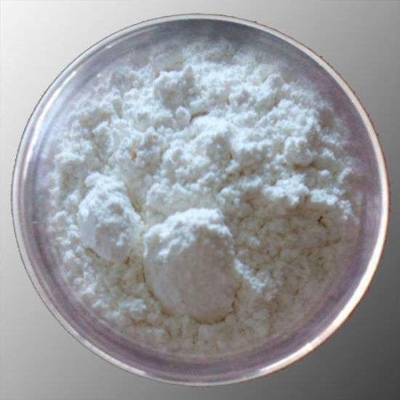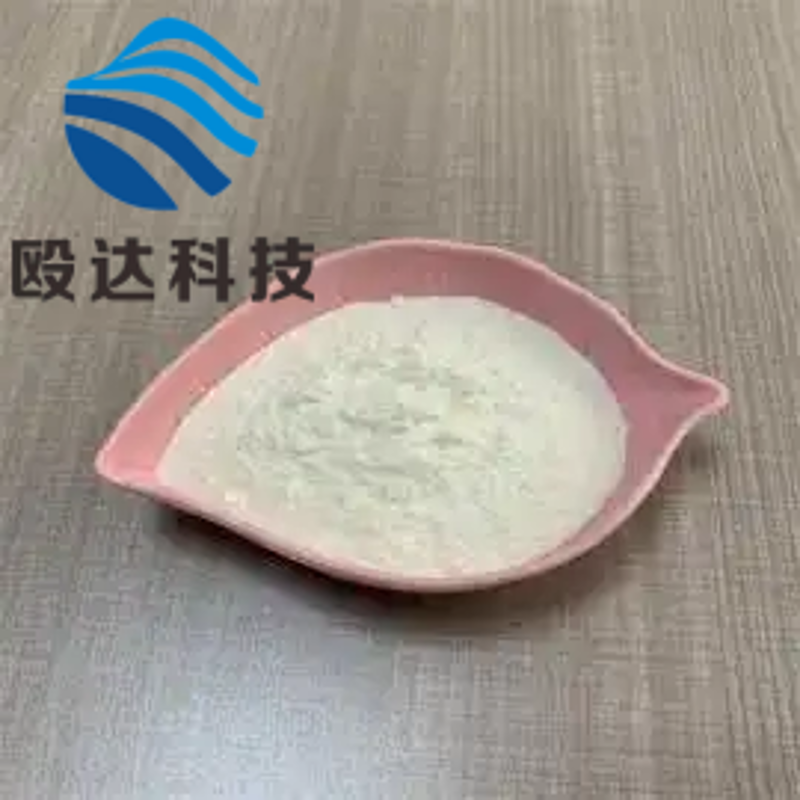-
Categories
-
Pharmaceutical Intermediates
-
Active Pharmaceutical Ingredients
-
Food Additives
- Industrial Coatings
- Agrochemicals
- Dyes and Pigments
- Surfactant
- Flavors and Fragrances
- Chemical Reagents
- Catalyst and Auxiliary
- Natural Products
- Inorganic Chemistry
-
Organic Chemistry
-
Biochemical Engineering
- Analytical Chemistry
- Cosmetic Ingredient
-
Pharmaceutical Intermediates
Promotion
ECHEMI Mall
Wholesale
Weekly Price
Exhibition
News
-
Trade Service
Diabetic nephropathy (DN) has long been the leading cause of end-stage kidney disease (ESKD), accounting for one-third of all cases worldwide.
But there is still little research on the long-term risk of ESKD in people with type 2 diabetes, especially since it is not clear whether the pathophysiology of DN in young diabetics differs from that in older patients, or whether long courses of disease will give DN more time and the possibility of developing ESKD.
recently, the Journal of Diabetes Care published an article entitled "The Association Between Age of Onset of Type 2 Diabetes and the Long-term Risk of End-Stage Kidney Disease: A National Registry Study" that assessed the effect of age of onset on the incidence of ESKD after the onset of type 2 diabetes.
study included 1,113,201 people with type 2 diabetes with a medium age of 58.1 years.
the follow-up of 7,839,075 people, there were 7,592 treated cases of ESKD and 192,005 deaths without ESKD.
5,671 deaths from ESKD in cases that did not experience renal replacement therapy for RRT, and the vast majority of these cases were of an earlier age of onset.
the characteristics of the study population ESKD due to the age of the onset of diabetes, diabetes continued treatment time is also different.
study found that the incidence of ESKD increased with the duration of diabetes.
study found that men had a higher incidence of ESKD than women, with greater gender differences between people with diabetes who developed before age 40 and those who developed diabetes before age 40.
in the first 10 to 15 years of diabetes, the incidence of ESKD was higher among older people.
However, the incidence of ESKD is higher among young diabetics with longer duration, and the higher the risk of LONGER duration of diabetes at any given age, the greater the impact of diabetes duration is substantially greater than the effect of age.
If untreated ESKD is included, older people still have a higher risk of ESKD in the first 20 years of diabetes, after which there is no significant difference in incidence between age groups.
the cumulative incidence of ESKD after treatment in patients with diabetes of different ages in the first 10-15 years of diabetes, young diabetics provided some protection for ESKD for a certain duration of diabetes.
because diabetes persists for a long time, the cumulative incidence of ESKD is highest among young diabetics.
in younger diabetics, men are at a higher risk of ESKD than women.
the cumulative incidence was higher in older patients with diabetes in the first 20 years of diabetes, after which the cumulative incidence in each category of the age of onset became more similar.
study on the cumulative incidence of ESKD in patients with type 2 diabetes increased with the duration and age of diabetes, leading to a complex association between ESKD risk and the age at which diabetes occurs.
in the first 10-15 years of diabetes, people with the older age of diabetes have a higher risk of developing ESKD, and the younger the onset, the longer the course of the disease, the higher the risk.
However, since the duration of diabetes is a major determining factor in the risk of ESKD, and younger patients with type 2 diabetes are more likely to survive longer, younger episodes clearly give higher ESKD long-term risk.
.







